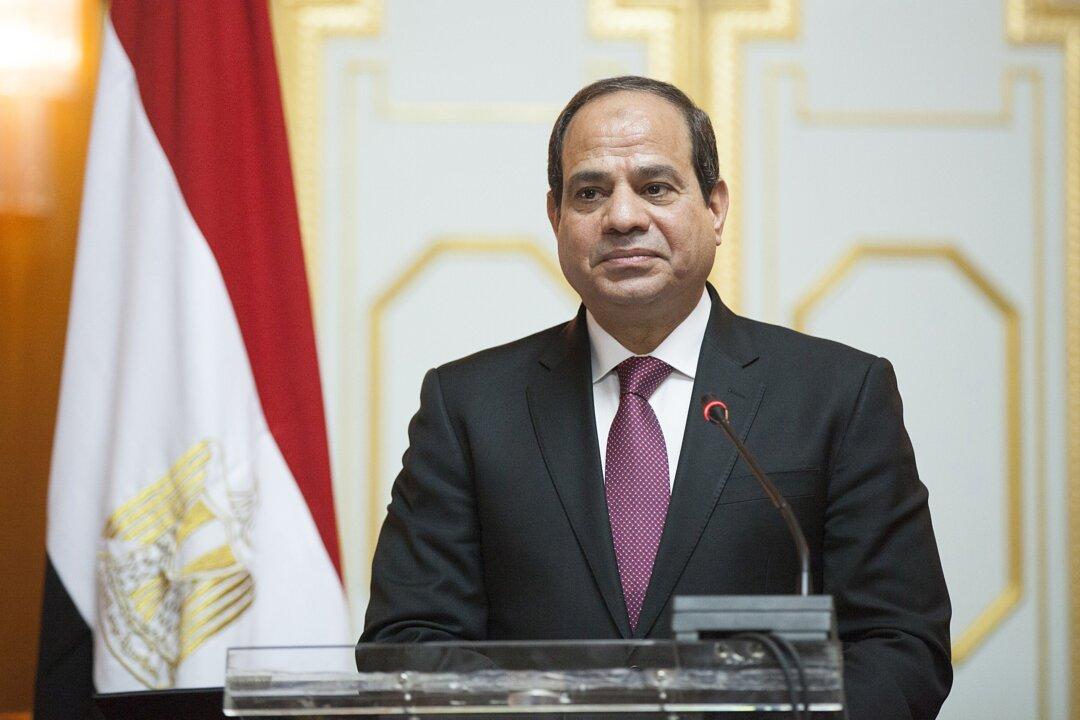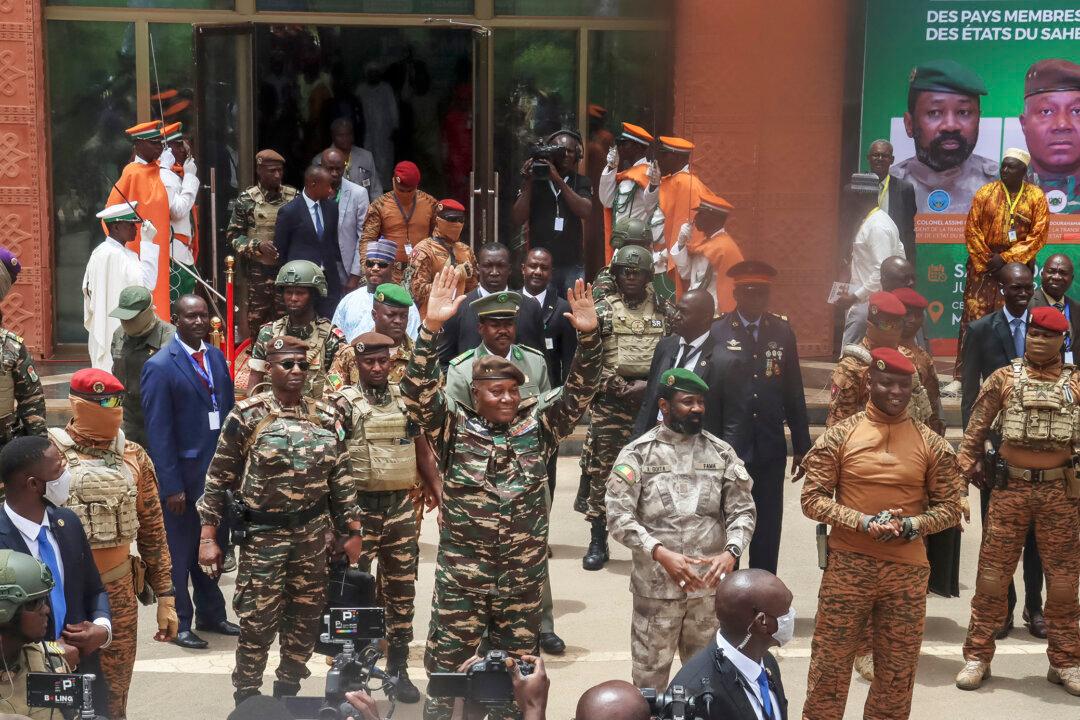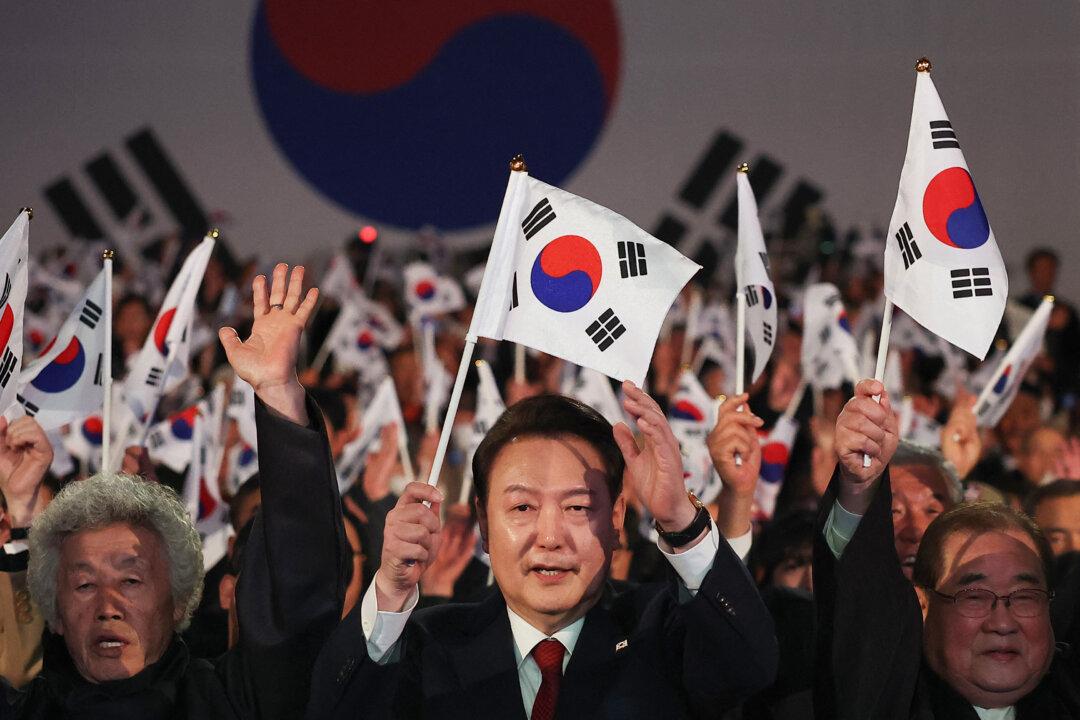On Oct. 20, thousands of demonstrators took to the streets of different Egyptian cities—including the iconic Tahrir Square—in support of Gaza which has seen Israeli bombardments in response to terror attacks carried out by Hamas.
Two days prior, Egypt’s President Abdel Fattah El-Sisi took many aback when he told visiting German Chancellor Olaf Scholz he could “call on the Egyptian people to come out and express their rejection” of Israeli actions in Gaza “and you would see millions of Egyptians” in the street.





